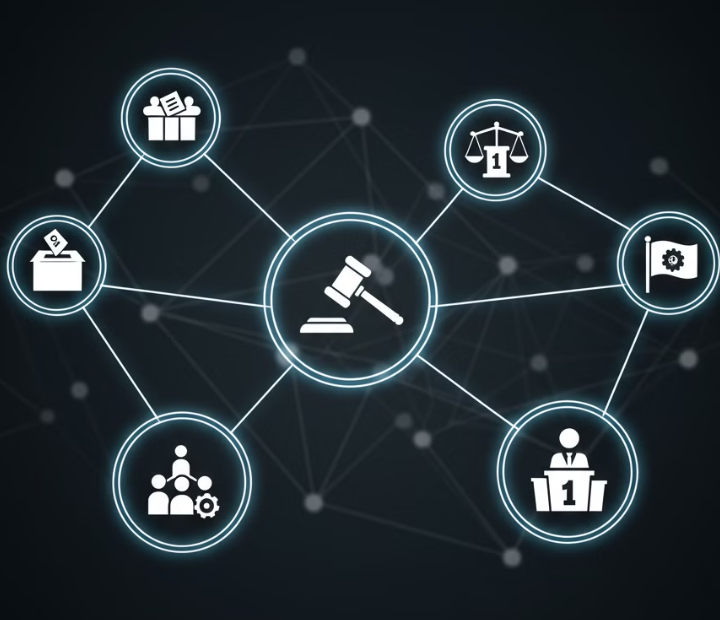Table of Contents
WEEK 13 — Foundations: Power, Knowledge & Ideology
Class 1: What is Political Knowledge?
- Introduce key concepts and vocabulary
- Explore the impact of politics on accepted knowledge
- Include short video prompts from YouTube and reflective activities on ethics and politics
Class 2: Foucault’s Power/Knowledge
- Introduce Foucault’s concept of power/knowledge
- Explore how power structures shape accepted knowledge
- Use a short video and guided activities for application and reflection on political knowledge and systems of authority
Class 3: Knowledge in Economic Decisions
- Explore how economic systems justify knowledge claims
- Use video and discussion to compare ideological perspectives
- Include a class debate and reflective journal task
WEEK 14 — Censorship, Media & Manipulation
Class 4: Understanding Censorship & Media Bias
- Introduce media bias and political knowledge filtering
- Use headline comparisons and simplified theory to guide discussion
- Support analysis with targeted vocabulary and group work
Class 5: Media Simulation
- Simulate editorial decision-making across political systems
- Guide students through role-based media exercises
- Frame the activity with a short video and debrief on how media manipulates knowledge, communication and/dissemination
Class 6: Personal Data as Political Power
- Use video and discussion to examine how data shapes political understanding
- Include activity and reflection on personal beliefs and knowledge acceptance
WEEK 15 — Ideologies, Knowledge Claims & Contested Truths
Class 7: Political Ideologies and Knowledge Claims
- Compare how different systems justify knowledge
- Include group analysis, discussion, and reflection on ideological perspectives
Class 8: Object Analysis – Political Narratives
- Use selected objects to explore how political knowledge is constructed
- Guide students through structured analysis and a gallery walk activity
Class 9: Knowledge Exhibition Practice
- Students analyse political objects in response to a prompt
- Use video support and group work to develop justifications
- Present findings in a gallery format, followed by reflective writing





